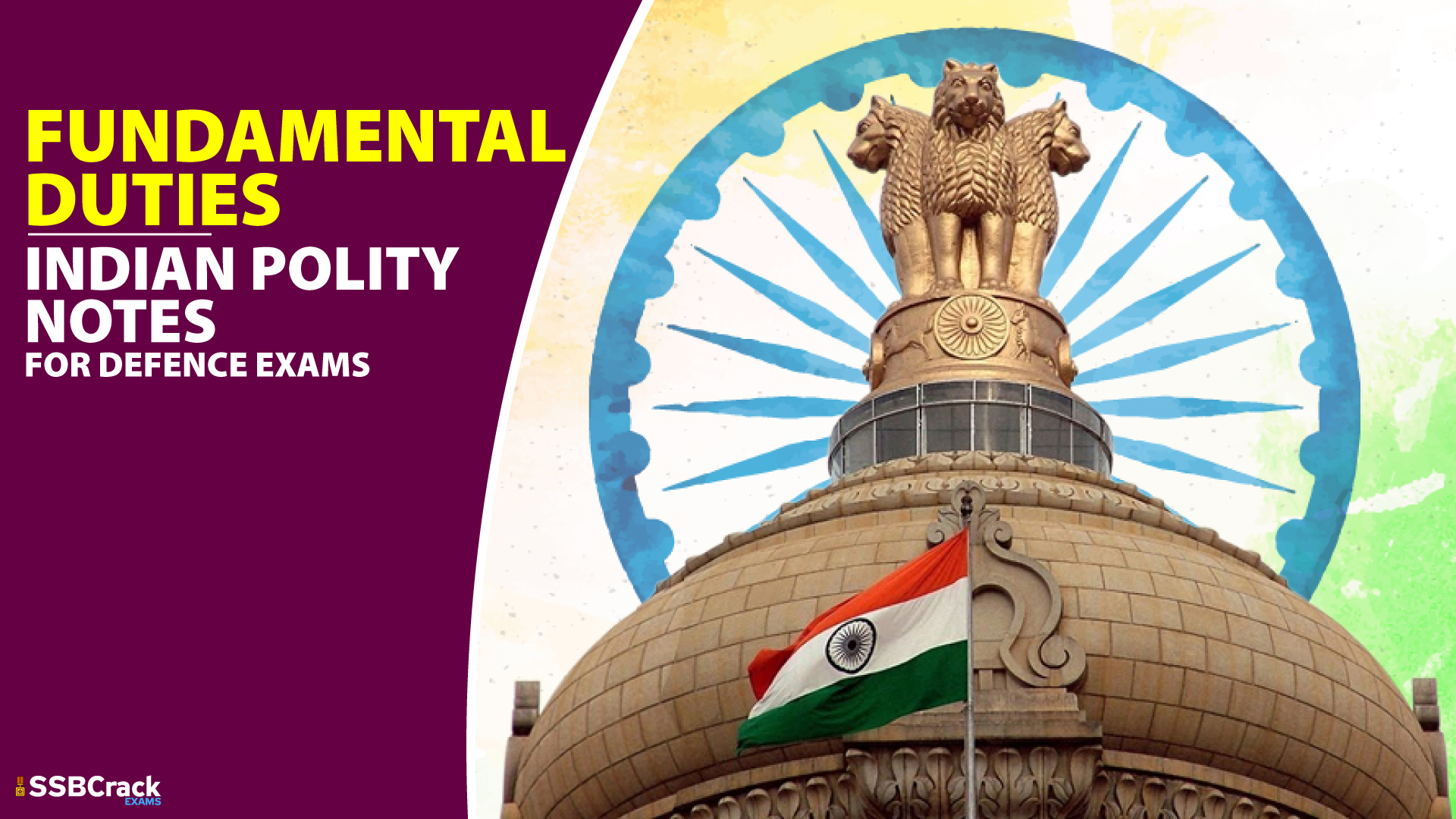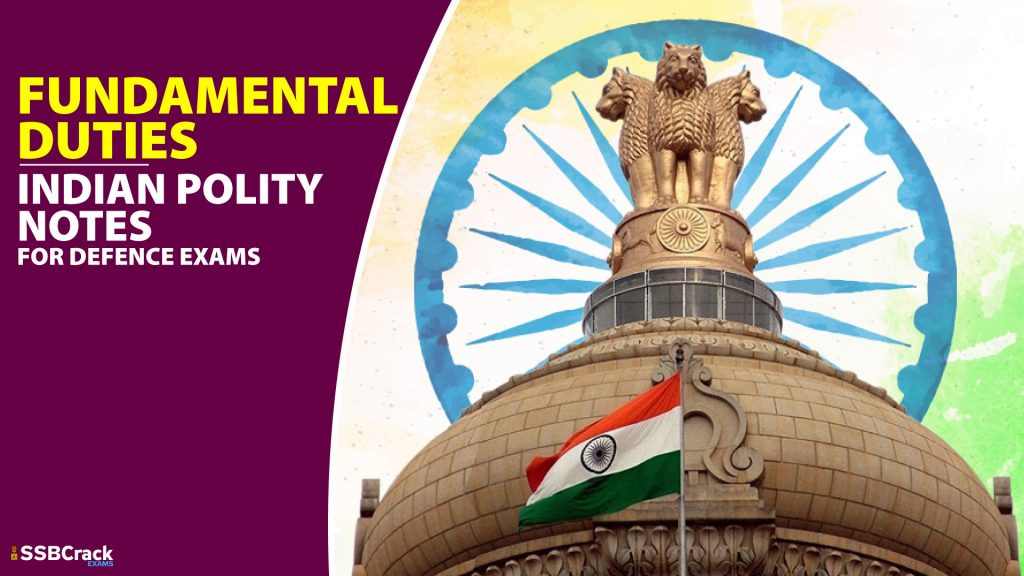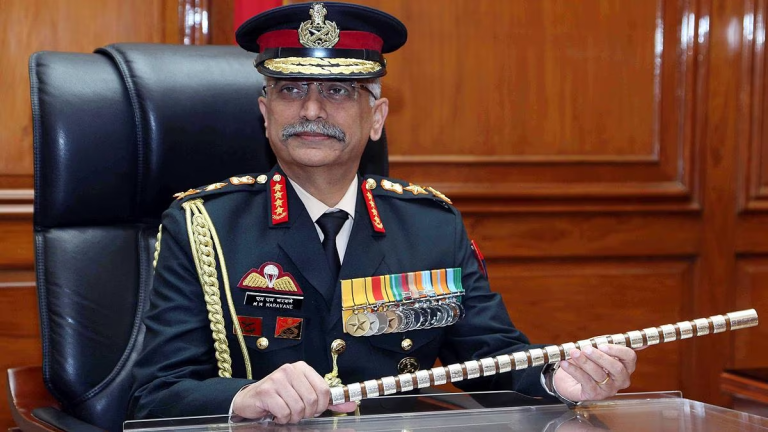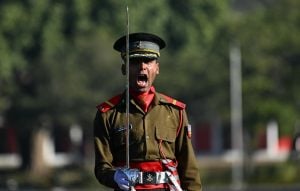Indian polity preparation is incomplete without studying the Indian constitution. It is the document that defines our democratic and progressive ideals. An important part of the constitution would be the Fundamental Duties.
Our constitution
India’s Constitution is the world’s longest, describing the foundation for political ideals, procedures, and the powers of government authorities. The Indian Constitution was drafted on November 26, 1949, and took effect on January 26, 1950. The creation of the Constitution took a total of 166 days, stretched out across two years, eleven months, and eighteen days. The Indian Constitution combined some of the most important characteristics of the British, Irish, Swiss, French, Canadian, and American constitutions. When compared to these countries, our constitution holds the fine balance between rigidity and flexibility.
Fundamental duties
Fundamental Duties are covered in Part IVA of the Indian Constitution. There are now 11 fundamental responsibilities. Originally, these responsibilities were not included in the Indian Constitution. The 42nd and 86th Constitutional Amendment Acts added fundamental duties. The 42nd amendment laid 10 fundamental duties and the 86th added the 11th one. The Constitution imposes a moral obligation on citizens to carry out these responsibilities. These, like the Directive Principles, are non-justiciable and come with no legal sanction if they are violated or ignored. The Swaran Singh Committee recommended that citizens’ fundamental duties should be included in the Constitution, which was done in 1976. We present you all the information on fundamental duties, as laid down in the constitution:
Why do we have fundamental duties?
Firstly these serve as a reminder to citizens that while exercising their rights, they must equally be aware of their responsibilities to their nation, society, and fellow citizens. Secondly these act as a deterrent to anti-national and anti-social behaviour. It serves citizens by being a source of inspiration for residents, encouraging them to be disciplined and committed. These duties assist the courts in studying and assessing whether a statute is constitutional. They are also legally binding. As a result, the Parliament has the authority to impose suitable fines or punishments if any of them are not met.
Our Fundamental duties as laid down in Article 51A are:
- (a) to abide by the Constitution and respect its ideals and institutions, the National Flag and the National Anthem;
- (b) to cherish and follow the noble ideals which inspired our national struggle for freedom;
- (c) to uphold and protect the sovereignty, unity and integrity of India;
- (d) to defend the country and render national service when called upon to do so;
- (e) to promote harmony and the spirit of common brotherhood amongst all the people of India transcending religious, linguistic and regional or sectional diversities; to renounce practices derogatory to the dignity of women;
- (f) to value and preserve the rich heritage of our composite culture;
- (g) to protect and improve the natural environment including forests, lakes, rivers and wildlife, and to have compassion for living creatures;
- (h) to develop the scientific temper, humanism and the spirit of inquiry and reform;
- (i) to safeguard public property and to abjure violence;
- (j) to strive towards excellence in all spheres of individual and collective activity so that the nation constantly rises to higher levels of endeavour and achievement.
- (k) to provide opportunities for education by the parent, the guardian, to his child, or a ward between the age of 6-14 years as the case may be.
Fundamental responsibilities apply solely to Indian citizens, not to non-citizens. The notion of Fundamental Duties was taken by India from the Soviet Union. The addition of Fundamental Duties aligned our Constitution with Article 29 (1) of the Universal Declaration of Human Rights, as well as clauses in a number of other nations’ modern constitutions. Six of article 51A’s ten provisions are positive responsibilities, while the other five are negative duties. Clauses (b), (d), (f), (h), (j), and (k) compel citizens to actively carry out these Fundamental Duties.
Issues with Fundamental duties:
- Because of their non-justiciable nature, critics have referred to them as a set of guidelines. Their presence in the Constitution was deemed unnecessary by opponents. This is because the people would undertake the tasks listed in the Constitution as basic even if they were not included in the Constitution.
- The placement of fundamental duties as an appendix to Part IV of the Constitution, according to some, has diminished their meaning and relevance. To maintain them on level with Fundamental Rights, they should have been introduced after Part III.
- The list of responsibilities is not full, as it leaves out crucial responsibilities such as voting, paying taxes, and family planning. In reality, the Swaran Singh Committee suggested that people be required to pay taxes.
- Some of the responsibilities are broad, confusing, and difficult to comprehend for the average person, so issues are bound to rise when these are considered in the event of a legal conflict.
- A few important recommendations of the Swaran Singh Committee weren’t included in the final list of fundamental duties. They were related to investing in parliament with the power to punish citizens with a fine, in the event of failing to fulfill the duties, making tax payment a fundamental duty etc.
Fundamental rights vs Fundamental duties:
| Fundamental rights | Fundamental duties |
| Fundamental Rights are the freedoms guaranteed by the constitution that can’t be taken away from a citizen. | Fundamental Duties are the legal responsibilities bestowed upon the citizens to perform. |
| Fundamental Rights are considered to be the normative rules of liberty and freedom for every citizen in order to achieve a harmonious and a free lifestyle | Fundamental Duties are the moral responsibilities of all the citizens that need to be performed by them in order to achieve prosperity and uphold the unity of the nation. |
| Fundamental Rights are universally available to all citizens regardless of their race, caste, religion, sex or place of birth and are justiciable in nature, i.e. they can be taken to the court of law. | Fundamental Duties are non-justiciable and hence can’t be taken to the court of law. |
Conclusion
It serves as a continual reminder that rights and responsibilities are inextricably linked. The Fundamental Duties are established to bring citizens’ attention to the responsibilities they have to their Motherland. Despite their ambiguity, the Fundamental Duties inherit some of the goals, concepts, and beliefs of great saints, philosophers, social reformers, and political leaders. It is a constant reminder for oneself, to ask ourselves if we are living in the best interest of
Bharatmata. This is particularly important because, for most of our lives we ask what the nation has done for us, rarely stopping to think about what we have done for our nation. These fundamental duties thus gain a new dimension in these turbulent times.
If this leaves you curious, check out our other articles on Indian polity. We break down different topics for defence aspirants, offering concise information and 360 degree analysis. Good luck with your preps.
Also Read: The President Of India: Indian Polity Notes For Defence Exams



















